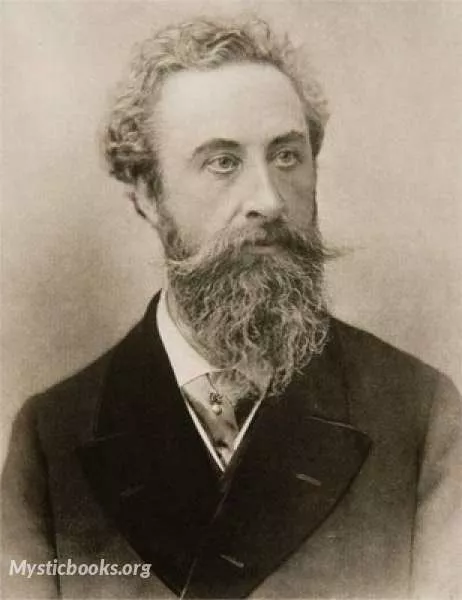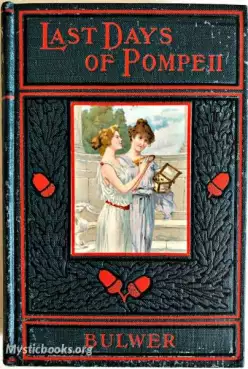
Timeline
Title
Country/Nationality
Edward George Bulwer-Lytton
Bulwer-Lytton's literary career began in 1820 with the publication of a book of poems and spanned much of the 19th century. He wrote in a variety of genres, including historical fiction, mystery, romance, the occult and science fiction. He financed his extravagant way of life with a varied and prolific literary output, sometimes publishing anonymously.
Bulwer-Lytton published Falkland in 1827, a novel which was only a moderate success. But Pelham brought him public acclaim in 1828 and established his reputation as a wit and dandy. Its intricate plot and humorous, intimate portrayal of pre-Victorian dandyism kept gossips busy trying to associate public figures with characters in the book. Pelham resembled Benjamin Disraeli's first novel Vivian Grey (1827). The character of the villainous Richard Crawford in The Disowned, also published in 1828, borrowed much from that of banker and forger Henry Fauntleroy, who was hanged in London in 1824 before a crowd of some 100,000.
Bulwer was born on 25 May 1803 to General William Earle Bulwer of Heydon Hall and Wood Dalling, Norfolk and Elizabeth Barbara Lytton, daughter of Richard Warburton Lytton of Knebworth House, Hertfordshire. He had two older brothers, William Earle Lytton Bulwer (1799–1877) and Henry (1801–1872), later Lord Dalling and Bulwer.
Bulwer-Lytton had long suffered from a disease of the ear, and for the last two or three years of his life lived in Torquay nursing his health. After an operation to cure deafness, an abscess formed in the ear and burst; he endured intense pain for a week and died at 2 am on 18 January 1873, just short of his 70th birthday. The cause of death was unclear but it was thought the infection had affected his brain and caused a fit.
Books by Edward George Bulwer-Lytton

Last Days of Pompeii
The Last Days of Pompeii, a novel by Edward George Bulwer-Lytton tells the love story of the Greeks Glaucus and Ione who were living in Pompeii when Mt. Vesuvius erupted and destroyed the city. But aside from telling their romance, the book is also f...

Zanoni
Zanoni is an 1842 novel by Edward Bulwer-Lytton, a story of love and occult aspiration. By way of introduction, the author confesses: "... It so chanced that some years ago, in my younger days, whether of authorship or life, I felt the desire to make...

The Coming Race
The novel centres on a young, independent, unnamed, wealthy traveller (the narrator), who visits a friend, a mining engineer. They explore a natural chasm in a mine which has been exposed by an exploratory shaft. The narrator reaches the bottom of th...

The Lady of Lyons
The Lady of Lyons; or, Love and Pride, commonly known as The Lady of Lyons, is a five act romantic melodrama written in 1838 by Edward Bulwer-Lytton, 1st Baron Lytton. It was first produced in London at Covent Garden Theatre on 15 February 1838 and w...

The Caxtons: A Family Picture
The Caxtons: A Family Picture is an 1849 Victorian novel by Edward Bulwer-Lytton that was popular in its time. The book was first serialized anonymously in Blackwood's Magazine from April 1848 to October 1849, and first published in novel form (in t...

The Last Wish
Robert Edward Bulwer-Lytton was the son of the novelist Edward Bulwer-Lytton, and was an English statesman, Conservative politician, and poet under the pseudonym Owen Meredith.